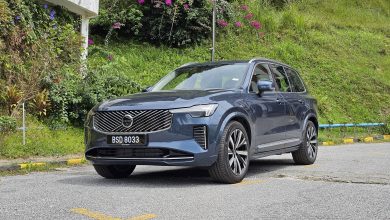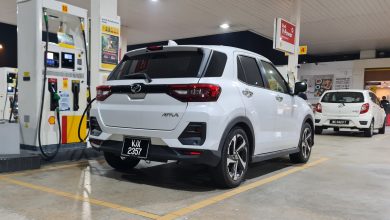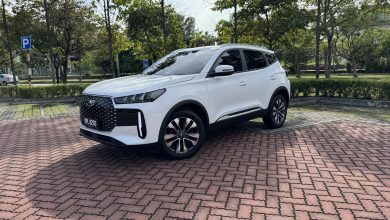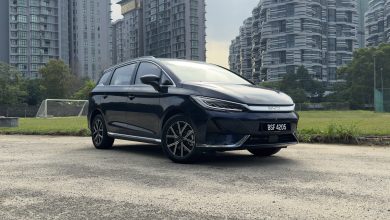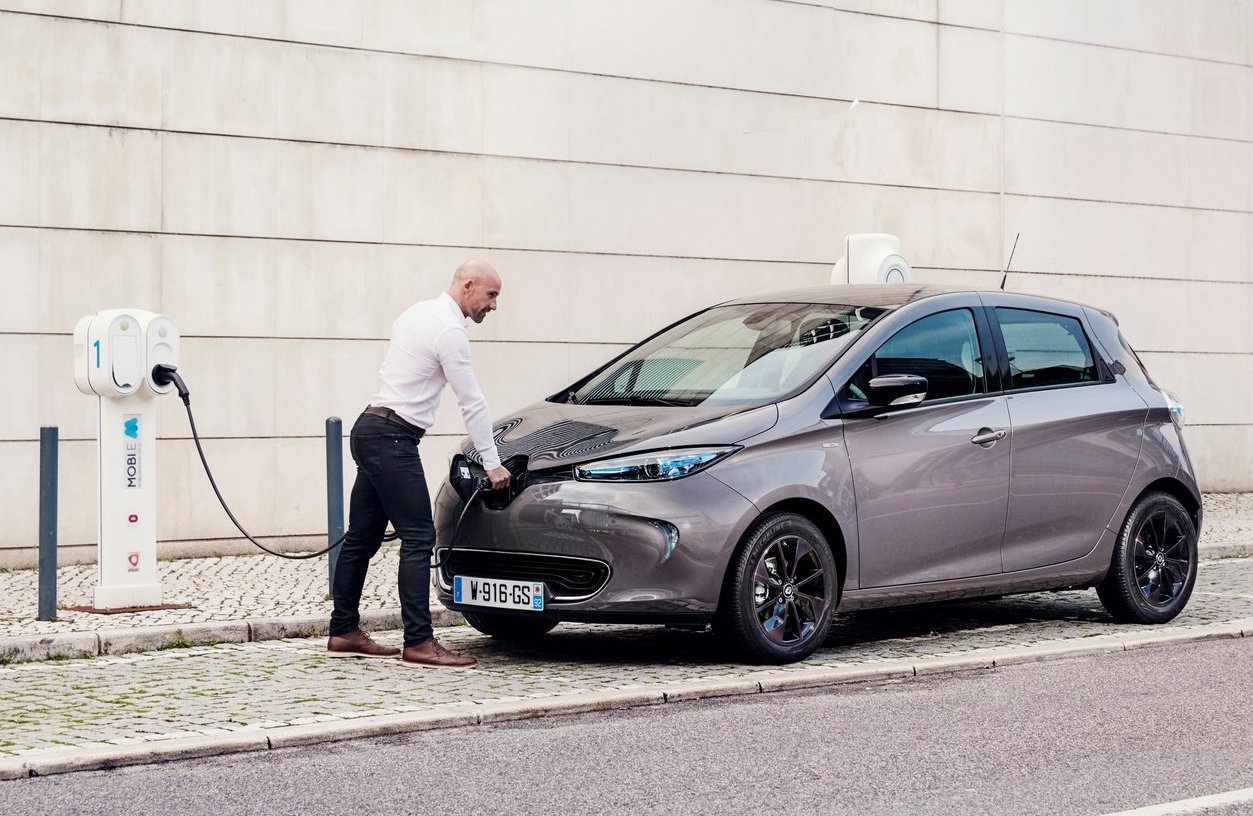
In February 2016, the Malaysian authorities announced they were set to import 100 Tesla cars, with a view to promoting electric vehicles in the country.
That project proved to be a moderate success, with a lack of charging stations one of the early obstacles needed to be overcome. However, there is now renewed hope that the country could become a hub for the manufacture and distribution of such cars going forward.
“Malaysia has decided to promote electric vehicles under a special program where the government will allow imports of 100 units of Model S, premium electric sedans,” prime minister Datuk Seri Najib Tun Razak said after visiting Tesla. “These cars have zero-emission. We would like to promote such cars in Malaysia.”
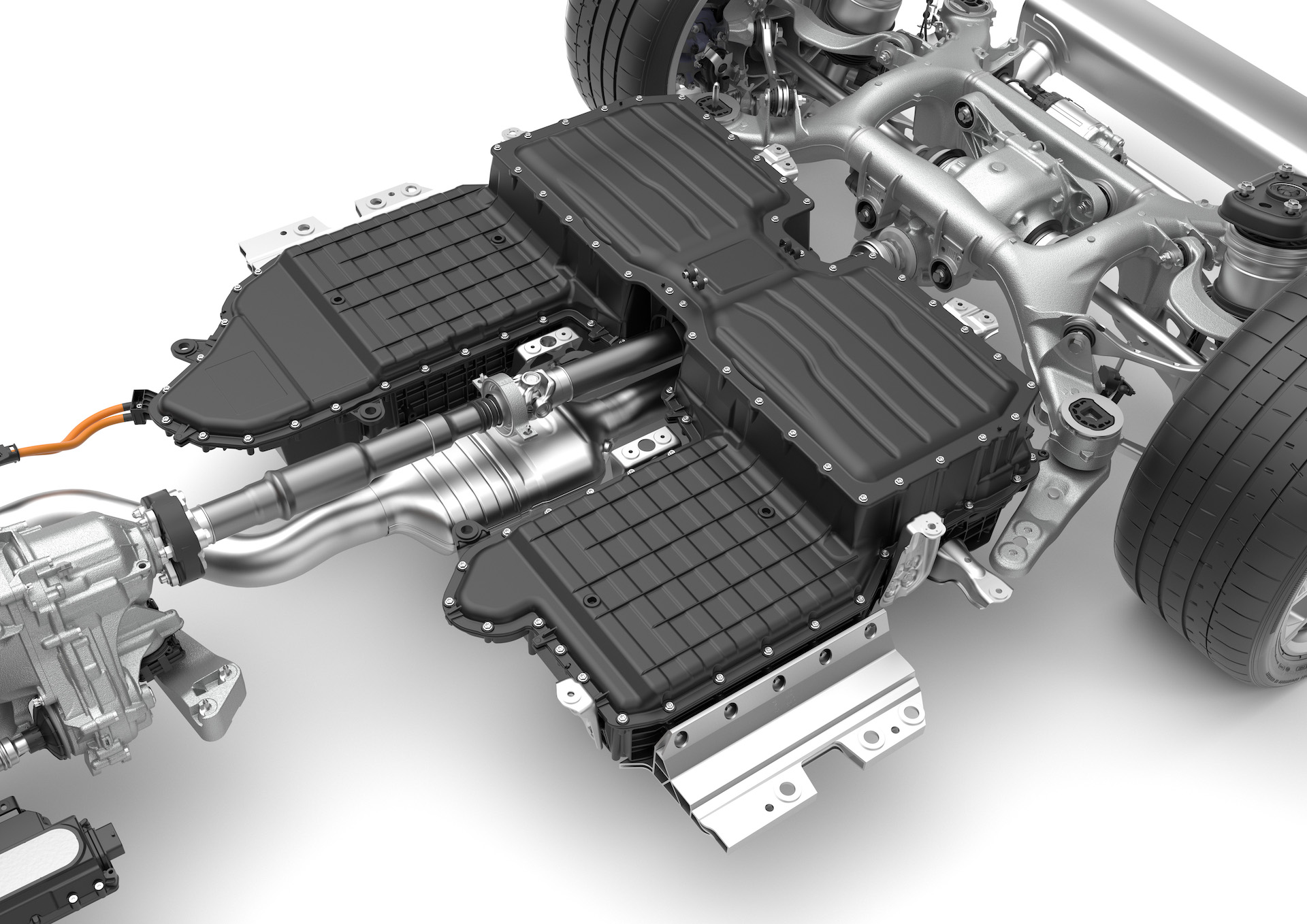
Although they became a regular sight on the streets of Kuala Lumpur at first, the infrastructure began to hold progress back and promotion of such vehicles was slow to take hold. The Malayan Reserve reveals that the desire for environmentally friendly vehicles has not gone away though, and there are plans for 125,000 charging stations across the country by 2030. Delivering on those promises could be key in becoming a hub for EV manufacture and development, according to an industry leader. Proton Holdings deputy chief executive officer Datuk Radzaif Mohamed believes that despite the slow start, there is potential in the future both in terms of distribution and manufacture.
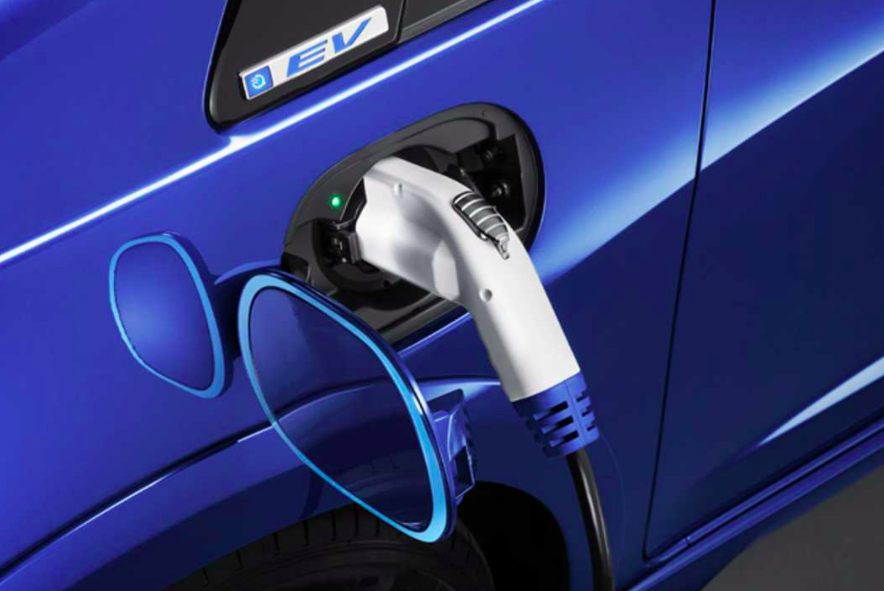
“The momentum for EVs and PHEVs has grown steadily,” he remarked in the New Straits Times. “In this respect, Proton will continue with its commitment to work with the local vendor community to develop their capabilities. This is a task it has undertaken since its establishment and further intensified from 1996 and hopes to continue under the umbrella of NAP2020.”
NAP2020, or National Automotive Policy 2020, is the government initiative which aims to provide a clear vision for the country’s automotive sector over the next decade. That includes manufacturing and, potentially, exports, which would be another key element of Malaysia’s already vibrant industry. As discussed in a guide to Malaysia by Expatbets, there is already a thriving manufacturing industry boasting palm oil, rubber, and tin as primary products. Adding the production of electric cars would further strengthen the county’s status as one of the more economically secure areas in Asia.
However, for that to be a success, Radzaif believes that the government must take a wide view of the current infrastructure in the country, as well as the manufacturing and distribution. “This includes prioritising the development and manufacturing of these vehicles, their critical components as well as the charging infrastructure to support EVs and PHEVs in the country,” he added.
The world’s global electric car fleet totalled more than 7.5m units at the end of 2019, a 2.4m growth from the previous year and 4.4m up on 2017. That is expected to continue to climb exponentially as the desire for a more sustainable mode of transport rises around the world, which means any new industry heading for Malaysia could turn out to be hugely profitable, as well as environmentally beneficial to the towns and cities of the country.
For more interesting vehicle news originating in Malaysia, be sure to check out our piece on the Vespa 2020 models now available.

